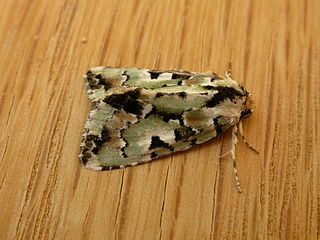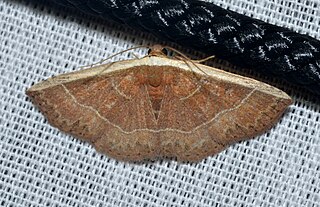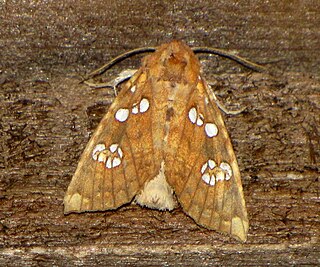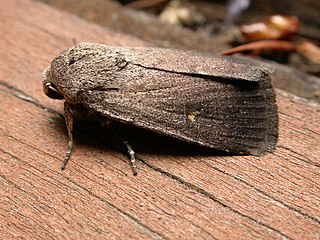
Tina Turner was a singer, songwriter, and actress. Known as the "Queen of Rock 'n' Roll", she rose to prominence as the lead singer of the husband-wife duo Ike & Tina Turner before launching a successful career as a solo performer. Turner began her musical career with her future husband Ike Turner's band, the Kings of Rhythm, in 1956. Under the name Little Ann, she appeared on her first record, "Boxtop", in 1958. In 1960, she debuted as Tina Turner with the hit single "A Fool in Love". The Ike & Tina Turner Revue became "one of the most formidable live acts in history". The duo released hits such as "It's Gonna Work Out Fine", "River Deep – Mountain High", "Proud Mary", and "Nutbush City Limits" before disbanding in 1976.

Sir William Jackson Hooker was an English botanist and botanical illustrator, who became the first director of Kew when in 1841 it was recommended to be placed under state ownership as a botanic garden. At Kew he founded the Herbarium and enlarged the gardens and arboretum. The standard author abbreviation Hook. is used to indicate this person as the author when citing a botanical name.
James John Turner Phillips was an English lyricist who used the pen name John Turner.

Orgyia leucostigma, the white-marked tussock moth, is a moth in the family Erebidae. The species was first described by James Edward Smith in 1797. The caterpillar is very common especially in late summer in eastern North America, extending as far west as Texas, California, and Alberta.

Orgyia is a genus of tussock moths of the family Erebidae. The genus was described by Ochsenheimer in 1810. The species are cosmopolitan, except for the Neotropical realm.

The mottled berryhunter or mottled whistler is a species of bird whose relationships are unclear but is most likely related to the woodswallows, boatbills and butcherbirds. It is monotypic within the genus Rhagologus and family Rhagologidae. It is found in the highlands of New Guinea, where its natural habitat is subtropical or tropical moist montane forests.

The spot-winged antbird is a species of bird in subfamily Thamnophilinae of family Thamnophilidae, the "typical antbirds". It is found in Brazil, Colombia, Ecuador, French Guiana, Guyana, Peru, Suriname, and Venezuela.

The Malagasy white-bellied free-tailed bat is a species of bat in the family Molossidae. It is endemic to Madagascar.

Helotropha leucostigma, the crescent, formerly Celaena leucostigma is a moth of the family Noctuidae. It is found in the Palearctic realm.

Epicyrtica metallica is a moth of the family Erebidae first described by Thomas Pennington Lucas in 1898. It is found in Australia.
Epicyrtica is a genus of moths of the family Noctuidae.

Leucania is a genus of moths of the family Noctuidae first described by Ferdinand Ochsenheimer in 1816.

Oruza is a genus of moths of the family Erebidae erected by Francis Walker in 1862.

Papaipema is a genus of moths of the family Noctuidae. The genus was erected by John B. Smith in 1899.

Proteuxoa is a genus of moths of the family Noctuidae. The genus was erected by George Hampson in 1903.
Oedopeza leucostigma is a species of beetle in the family Cerambycidae. It was described by Henry Walter Bates in 1864. It occurs in South and Central America.

Adetus is a genus of beetles in the family Cerambycidae.

Leucostigma is a genus of air-breathing land snails, terrestrial pulmonate gastropod mollusks in the family Clausiliidae, the door snails.















